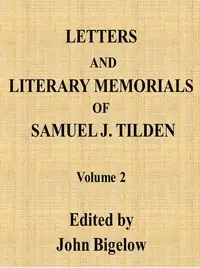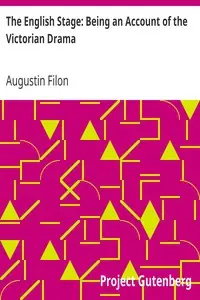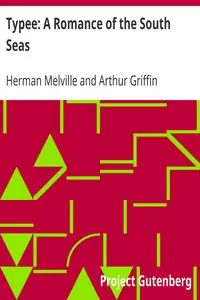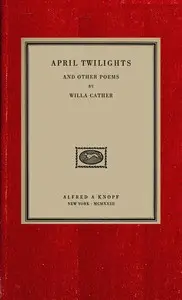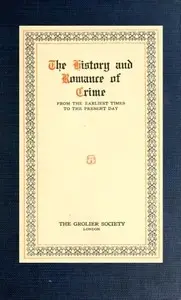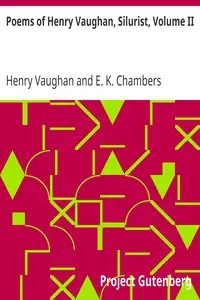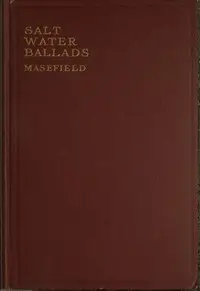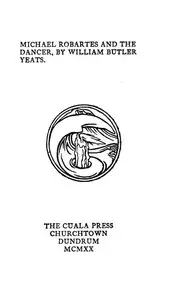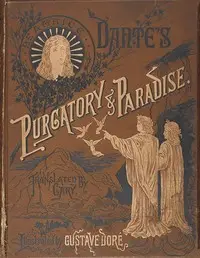"The Ascent of Man" by Mathilde Blind is a poetic work written in the late 19th century. The collection explores profound themes of existence, the struggle of life, and the evolution of humanity through vivid and evocative imagery. Through its verses, the work delves into the complexities of human emotions, the relationship with nature, and the philosophical underpinnings of love and mortality. At the start of the book, the prelude sets a lyrical tone, urging the soul to ascend and explore the depths and heights of existence. Following this, the first part introduces a vivid exploration of life's primal forces, detailing the tumultuous emergence of humanity from chaos, intertwined with the themes of love, survival, and the inevitable conflicts of existence. Blind's intricate language captures the struggle of life against a backdrop of natural beauty and primal instincts, establishing a rich thematic foundation that invites readers to reflect on the ascent of mankind in both a literal and metaphorical sense. (This is an automatically generated summary.)
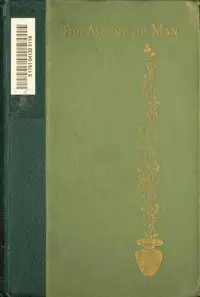
The Ascent of Man
By Mathilde Blind
"The Ascent of Man" by Mathilde Blind is a poetic work written in the late 19th century. The collection explores profound themes of existence, the str...
Mathilde Blind, was a German-born English poet, fiction writer, biographer, essayist and critic. In the early 1870s she emerged as a pioneering female aesthete in a mostly male community of artists and writers. By the late 1880s she had become prominent among New Woman writers such as Vernon Lee, Amy Levy, Mona Caird, Olive Schreiner, Rosamund Marriott Watson, and Katharine Tynan. She was praised by Algernon Charles Swinburne, William Michael Rossetti, Amy Levy, Edith Nesbit, Arthur Symons and Arnold Bennett. Her much-discussed poem The Ascent of Man presents a distinctly feminist response to the Darwinian theory of evolution.



